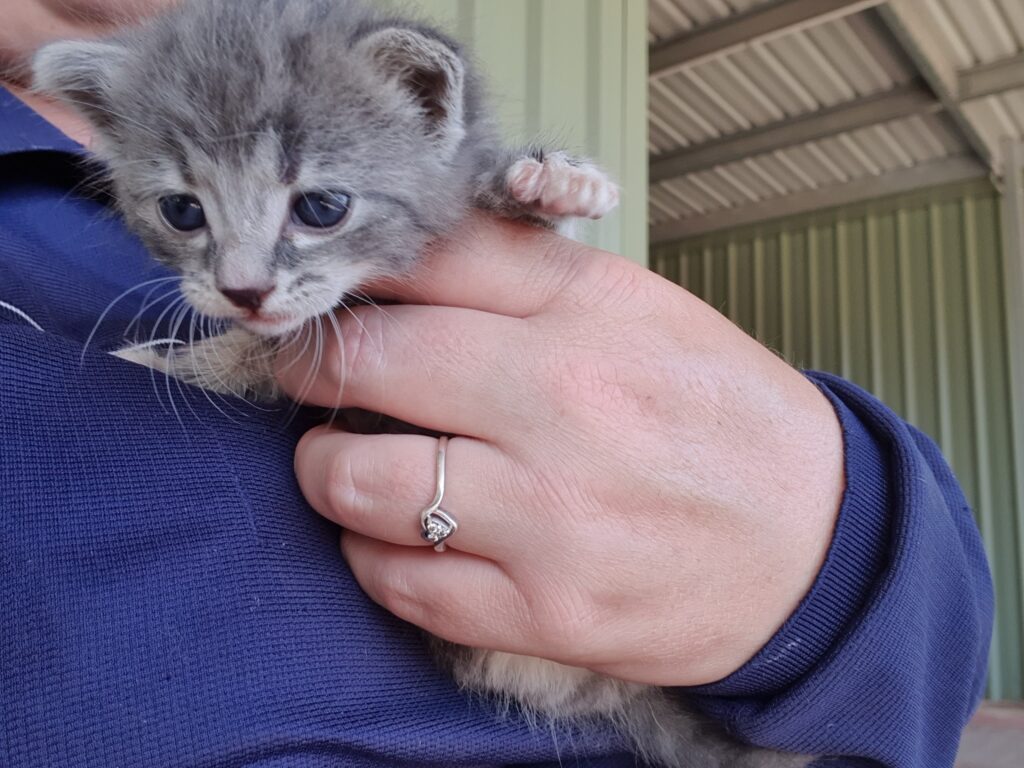It is essential for all pet owners to understand that our furry friends can also be a furry nuisance to our neighbours when they haven’t been trained properly or have been left unattended. Many of our pets also suffer terrible anxiety when they are left alone, and we often don’t even realise how much noise they can make while we are out. Examples of what constitutes a nuisance:
- Excessive barking or whining.
- Wandering outside of the pets own premises.
- Running up to and/or jumping on people.
- Urination/excretion on private and public property.
- Killing/destruction of local flora or fauna.
If your pet is the cause of a nuisance the City recommends contacting your local vet or pet supply provider to discuss options for managing the problem.
Dog Barking and Nuisance
Nuisance pets. Barking, and other associated dog noises are how our doggos communicate. It is reasonable to assume that dogs will bark a little, usually to alert its owner to visitors or potential danger. This is not unreasonable and would not constitute a nuisance.
A nuisance occurs when the behaviour is repeated, continuous and without provocation. When it occurs repeatedly and for extended periods it can seriously impact the mental health of those living nearby. Many owners don’t even realise it is occurring as it usually happens when nobody’s home.
Some of the reasons a dog may bark include fear, lack of exercise, hunger or thirst, loneliness, illness, boredom, learned behaviour and inadequate shelter. For some breeds barking is inherent to its nature.
There are many ways to manage barking and not all work for every dog, so usually it is a process of elimination. Some of these methods include bark collars, music/TV left on, blocking visual access to stimuli, i.e., permeable gates (covering gaps in gates and fences can help if the dog is triggered when people walk by the property), toys/puzzles, regular exercise, sufficient food/water and sterilisation.
If none of these are working, you can contact the City and lodge a formal nuisance complaint. The City will require you to lodge a Form 7 and complete a 14 day Barking Diary. These are mandatory and the investigation cannot commence legally until they have been completed and submitted.
There are also two sides to every story so we cannot simply pick a side and decide an outcome and we will always ensure every affected party is provided an opportunity to respond. The City has a Dear Neighbour card you can pop in the letterbox on the first occasion. These can be collected from the Administration Building or downloaded below. This can be done anonymously and is a great option to alert your neighbour that an issue exists.
Report a nuisance dog
To report a barking or nuisance dog please visit the City of Bunbury Community Portal.
If the noise is found to be unreasonable and excessive there are steps that can be taken to abate the noise, and these will be done is collaboration with the pet owner to ensure they have every chance to achieve compliance.
Every single complaint has the potential to be heard by a magistrate or the State Administrative Tribunal. Without a lawful and meaningful investigation, the findings would not stand up in court. More importantly, if we do the job properly the first time, we hope that we will facilitate a permanent solution.
Remember, if your pet is a causing a nuisance, visit your local vet or pet supply provider for options on managing the nuisance.

Cat Nuisance
Currently the Cat Act 2011 has limited provision for the management of wandering cats. Like people though, it is an offence for your cat to wander onto someone else’s property without their consent. Especially if that cat is causing damage or making noise that is impacting those around you.
Cats are predators by nature, and they are usually at their busiest at night-time when we are all sleeping. They can destroy local flora and kill small birds, animals, and other pets. As a pet owner you are responsible for ensuring your cat does not create a nuisance and the simplest way to manage this is by keeping them indoors or confined to your property with a cat enclosure.
If you know where the cat owner resides, the most effective method is to speak to the owner of the cat and advise them of the issue and request that they put something in place to stop the cat from wandering. The City has Dear Neighbour cards you can pop in the letterbox on the first occasion if you are unable to speak with the owner. These can be collected from the Administration Building or downloaded below. There are also scent repellent products available, plus natural remedies you can make at home, that will assist. Cats have a highly developed sense of smell so these can be very effective ways of keeping them off your property.
If none of these are working, then the City can assist by investigating cat nuisance complaints and we can help determine the best course of action.
Cat nuisance logs are essential to help us determine patterns and types of nuisances. This will also help us to identify the cat and possible determine whether it is domestic or feral. Call 9792 7106 to register a nuisance complaint and consult our staff on options.
Cat Trapping
The City will endeavour to provide quality customer service to complainants while making every effort to avoid the intentional trapping of registered pets. The City must comply with all the provisions of both the Cat Act 2011 and the Animal Welfare Act 2002. This means that the methods, timing, and reasons for trapping must be consistent with the requirements of the state legislation.
It is also important to note that any actions taken by community members that deliberately injures or harms a cat is not acceptable and such action is deemed to be an offence under the provisions of the Animal Welfare Act 2002.
The City of Bunbury will not collect any cat that has been unlawfully trapped or detained as this presents a substantial hazard to the community, the Ranger, any vets that may be involved and the cat itself. It is almost impossible to determine if a cat is feral or domestic when it has been trapped as all caged cats tend to behave in a manner that some consider feral.
If you think a feral cat is hanging around your property, or all efforts to stop a pet from visiting have failed, then we may be able to assist with trapping in manners that are ethical and safe for all concerned.
The following steps must be taken before a trap is deployed:
- A Cat Activity Log must be completed for seven days.
- A City of Bunbury Ranger will attend and assess the suitability and identify if trapping is appropriate.
- The City of Bunbury will post a notification to all surrounding properties of our intent to assist with trapping.
- The City will only place traps at source location on the day stated on notification. Traps will not be left out for more than the prescribed three days and must be checked at least two times during each day, being morning and afternoon. Traps may only be placed out between Monday and Friday.
Trapping will not occur between the months of December and February inclusive, due to the heat and potential exposure to sun.
For more information on any of these issues or to lodge a complaint, please contact the City of Bunbury Rangers and Emergency Management team on 9792 7106 or you can visit us at 4 Stephen Street, Bunbury during regular business hours.
The Cat Local Law 2018 is available for viewing here
